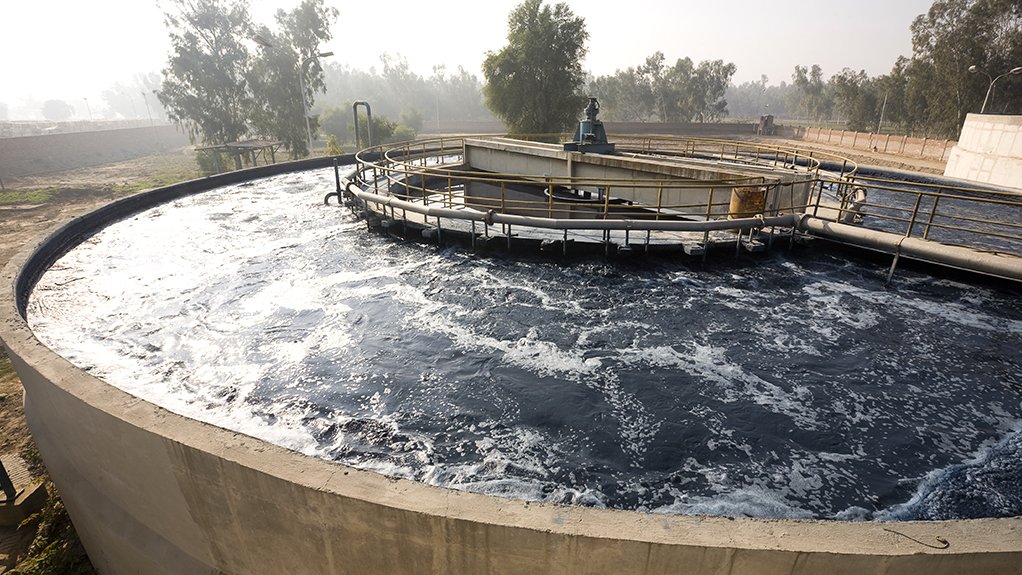With the Blue Drop regulation programme assessment focusing on the improvement of the entire value chain of South Africa’s potable water infrastructure, University of Pretoria project management associate professor Giel Bekker says it should be relatively simple to improve the current dire water infrastructure situation.
The potable water infrastructure value chain includes source, pumping, treatment and the drinking water reticulation network in a municipality, which could also be supplied by water services providers.
The Blue Drop regulation programme aims to identify and develop the core competencies required for the water sector, which will gradually and sustainably improve the level of drinking water management in South Africa.
This comes after the ‘Blue Drop Report’ of 2022, released in March, indicated that more than 50% of local water systems were found to be in the medium to critical risk categories after a Blue Drop risk-based assessment.
Bekker mentions that the most important step to improve the situation will be to get competent resources and investors mobilised.
In addition to the intentions of the Development Bank of Southern Africa, there are numerous large, industrial companies that have made financial contributions towards and invested in local infrastructure projects.
He adds that other investors have expressed interest in contributing to infrastructure projects as well, provided that the management and operation of these facilities falls outside the municipal structure and operation.
Bekker suggests that community organisations, nonprofit organisations or professional organisations operating in public–private partnerships or concessions could be a defining solution.
These structures and service-delivery mechanisms are provided for in the Municipal Systems Act, which he describes as being very “community friendly” and, hence, the public should become more knowledgeable and involved in their immediate surroundings and town infrastructure.
“It will take effort and funds, but will be worthwhile.”
Meanwhile, the Graduate School of Technology Management (GSTM) is actively involved in community projects.
Bekker enthuses that the GSTM is working on the system assessment of some municipalities and also contractual agreements and structures to facilitate water supply outside of the immediate municipal structures.
He says the concept of bulk grey water harvesting as an option for rural areas that have little to no water infrastructure is viable, as purification technologies for grey and potable water have been successful and are available locally.
Edited by: Zandile Mavuso
Creamer Media Senior Deputy Editor: Features
EMAIL THIS ARTICLE SAVE THIS ARTICLE
ARTICLE ENQUIRY
To subscribe email subscriptions@creamermedia.co.za or click here
To advertise email advertising@creamermedia.co.za or click here













